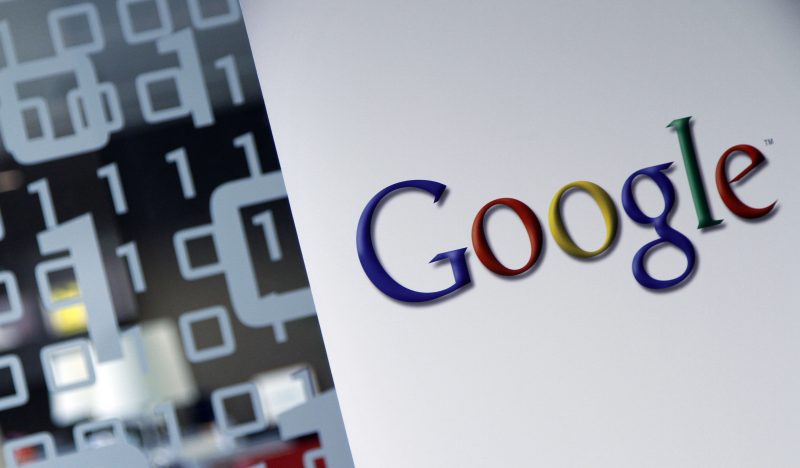The Federal Election Commission dismissed a complaint brought by Republican campaign groups arguing that Gmail spam filters disproportionately flagged GOP fundraising emails in a way that amounted to a prohibited in-kind contribution to Democrats.
“The available information indicates that Google’s spam filter is in place for commercial, rather than electoral, purposes,” the federal regulator wrote in a factual and legal analysis approved by at least four of the FEC’s six members, who are split evenly by party.
Google’s spam technology ignited a controversy last year, as GOP groups blamed the technology for a dip in fundraising. They cited a study published by computer science researchers at North Carolina State University that claimed to have found that Gmail sent 77 percent of right-wing candidate emails to spam, compared with 10 percent of left-wing candidate emails. Google maintained that the study was flawed and said other factors, such as the frequency of emails and the ways users respond to them, inform the way its automated filters work.
At a May meeting between Google’s top lawyer and Republican lawmakers, Sen. Charles E. Grassley (R-Iowa) offered an analogy. The 88-year-old suggested that Google sending emails to spam was equivalent to the post office refusing to deliver the mail, according to three people in the room who spoke on the condition of anonymity to share details from a closed-door meeting.
“If you mail a letter, you expect it to be delivered,” said a “red-faced” Grassley, as one person recalled. “That’s what should happen!”
The criticism was sparked by a drop-off in GOP fundraising — it declined by about 11 percent in the second quarter of 2022, compared with the first, according to federal filings from WinRed, the main donation-processing portal for Republicans.
While rejecting the GOP’s critiques, Google also bowed to them, introducing a pilot program that allowed federal campaigns to exempt emails from spam detection. A Google spokesman declined to say how many campaigns signed up for the program.
But the spokesman, José Castañeda, did welcome the FEC decision.
“The Commission’s bipartisan decision to dismiss this complaint reaffirms that Gmail does not filter emails for political purposes,” he said. “We’ll continue to invest in our Gmail industry-leading spam filters because, as the FEC notes, they’re important to protecting people’s inboxes from receiving unwanted, unsolicited or dangerous messages.”

